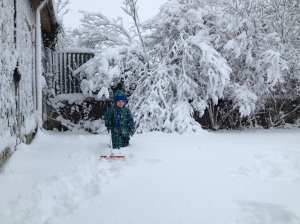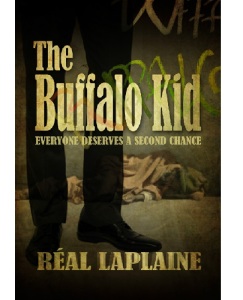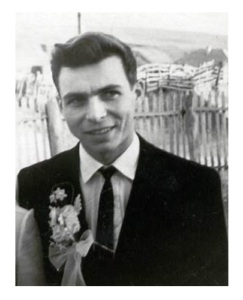Many of current philosophies and spiritual techniques are talking about the art of being present, mindful, being in the moment. I find the approach introduced by Ariel and Shya Kane, instantaneous transformation, the simplest to grasp and most helpful. They talk about awareness, about non-judgmental seeing and listening, about anthropological way to observe ourselves and others.
Their approach helps me to experiment with the way I view my life, myself, people and basically everything around me.
Today, I was thinking about listening and thought of the German word “horchen” or rather the imperative “Horch!” The latter calls you to listen, to be attentive. The word “horchen” can be also used when describing children listening attentively and with awe to a story or a fairy-tale.
And then, there is the word “gehorchen”, the root of which is again “horchen”. This word means “obey” or “do as told”.
And when I thought of these two words I had an “AHA” experience.
Ariel and Shy say that not many of us can or want to do what and how told. Or as they call it, not many of us can surrender. Ariel and Shya make difference between surrender and succumb. They say that we surrender with our hearts, because we then embrace the idea or request of the other person as our own and we fulfill it with all our hearts.
But in order to be able to surrender we need to listen. Really listen what the other person says, from this person’s point of view. And only then we will be able to truly surrender. So, if you are able to “horchen”, listen to another person as though you are a child listening and being in awe with every word of the story told, then and only then you can truly “gehorchen”, surrender with all your heart.
That was a fun discovery and made me fall in love with different languages even more.
And here is a bonus, side-effect discovery: the contemplation above showed me that different languages are not necessarily misleading, as suggested in the legend of the tower of Babel and as we experience sometimes. Considering same words in various languages can also clarify and help in understanding tricky nuances of our lives. Because different languages offer different perspectives on the same thing.
Picture of a beautiful fairy-tale world around me: Aalborg in snow.




